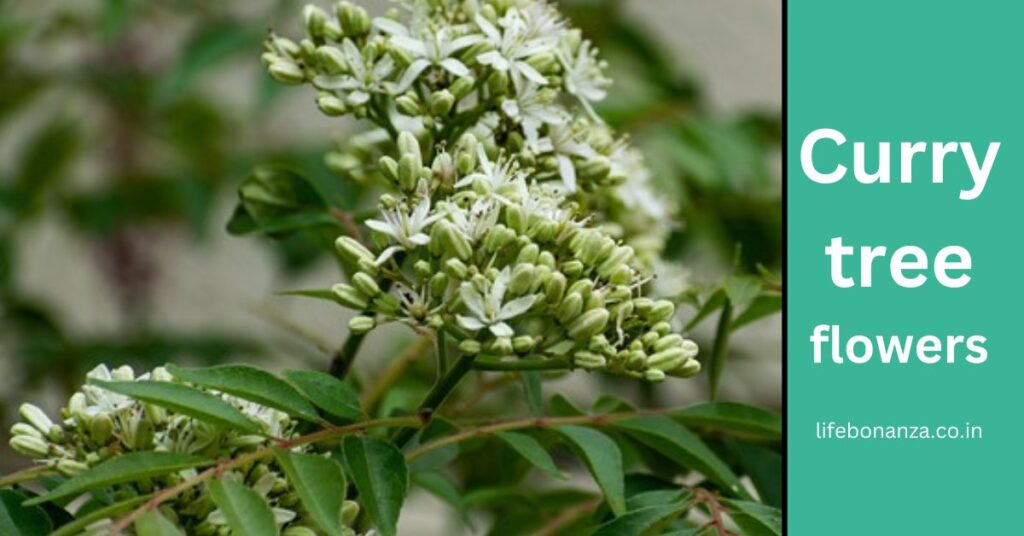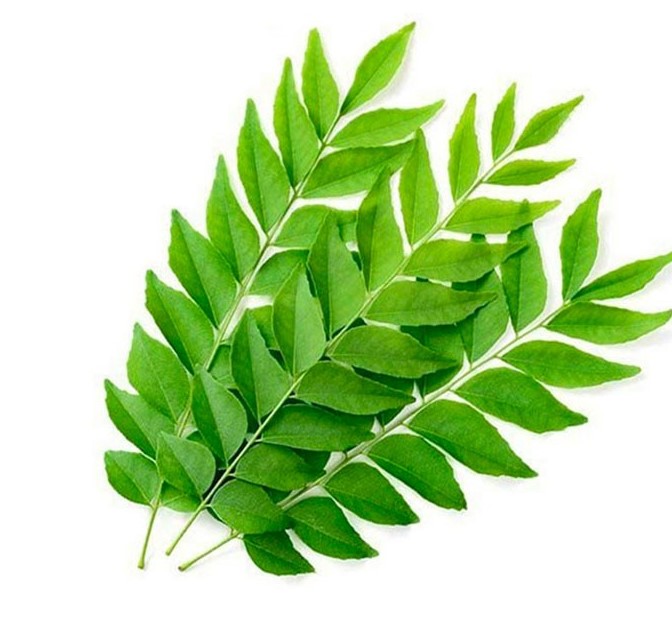
benefits of curry leaves
In this world there are various plants that gives many health benefits to you,and Kari patta(Kadi patta /Curry leaves) is one of them. The curry tree, Murraya koenigii or Bergera koenigii, is a tropical and sub-tropical tree in the family Rutaceae , native to Indian subcontinent .The plant is also sometimes called sweet neem in India (Wikipedia) .This tree is primarily part of northern and southern hill area in India but now you can found it in many homes in cities due to awareness and uses of this plant.Around my home there are many plants grown in last five years naturally and I really love eating curry leaves due to its flavour and uses in life.
Curry leaves are not only a popular ingredient in Indian cuisine but also offer numerous health benefits. Here are some reasons why including curry leaves in your diet can be beneficial:
1)Nutritional Value:
Curry leaves are rich in essential nutrients such as iron, calcium, phosphorus, fiber, and vitamins like vitamin A, vitamin B, vitamin C, and vitamin E. These nutrients contribute to overall health and well-being.
2) Antioxidant Properties:
Curry leaves are packed with antioxidants that help combat free radicals and reduce oxidative stress in the body. These antioxidants play a vital role in preventing cell damage and reducing the risk of chronic diseases like cancer, cardiovascular diseases, and neurodegenerative disorders.
3)Digestive Health:
Curry leaves have carminative properties, meaning they aid in digestion and prevent various digestive issues such as indigestion, bloating, and constipation. They stimulate the secretion of digestive enzymes and promote gut health.
4)Blood Sugar Control:
Curry leaves may help regulate blood sugar levels. They contain certain compounds that can influence carbohydrate metabolism and improve insulin sensitivity, making them potentially beneficial for individuals with diabetes or those at risk of developing diabetes.

5)Hair and Skin Health:
Curry leaves have long been used for their positive effects on hair and skin. They are believed to help prevent premature graying of hair, strengthen hair follicles, reduce hair loss, and improve hair texture. When applied topically, curry leaf extracts can also promote healthy skin by reducing acne, blemishes, and skin infections.
6)Anti-inflammatory Effects:
The presence of various bioactive compounds in curry leaves gives them anti-inflammatory properties. Regular consumption of curry leaves may help reduce inflammation in the body, which is associated with several chronic diseases.
7)Eye Health:
Curry leaves contain carotenoids such as lutein and zeaxanthin, which are beneficial for eye health. These compounds help protect the eyes from oxidative damage and age-related macular degeneration, a leading cause of vision loss in older adults.
It’s worth noting that while curry leaves can be eaten, they are often used as a flavoring agent in dishes rather than consumed in large quantities. Incorporating curry leaves into your cooking can add a distinct aroma and taste to your dishes while providing potential health benefits.

Pros and Cons of eating curry leaves
Pros:
1)Nutritional Value:
Curry leaves are a good source of essential nutrients, including iron, calcium, fiber, and vitamins A, B, C, and E. Including curry leaves in your diet can contribute to your overall nutritional intake.
2)Health Benefits:
Curry leaves offer various health benefits such as antioxidant properties, aiding digestion, controlling blood sugar levels, promoting hair and skin health, reducing inflammation, and supporting eye health.
3)Culinary Use:
Curry leaves add a unique flavor and aroma to dishes, especially in Indian cuisine. They can enhance the taste of soups, stews, curries, rice, and other dishes.
4)Availability:
Curry leaves are widely available in many grocery stores, particularly in areas with a large Indian or Southeast Asian population. They can also be grown in home gardens or purchased as dried leaves.
Cons:
There is no major cons of curry leaves ,how ever using any thing excessively may give some side effect.
1)Strong Flavor:
While many people enjoy the flavor of curry leaves, some may find it overpowering or too strong for their taste buds. It’s important to use curry leaves in moderation to avoid overwhelming the flavors of other ingredients.
2)Digestive Sensitivity:
In some individuals, consuming curry leaves may cause digestive discomfort, such as bloating, gas, or indigestion. If you have a sensitive stomach or gastrointestinal issues, it’s best to monitor your reaction to curry leaves and consult a healthcare professional if necessary.
3)Allergies:
Although rare, some individuals may be allergic to curry leaves. Allergic reactions can range from mild symptoms like itching and skin rash to severe symptoms like difficulty breathing or anaphylaxis. If you experience any allergic reactions after consuming curry leaves, seek medical attention immediately.




